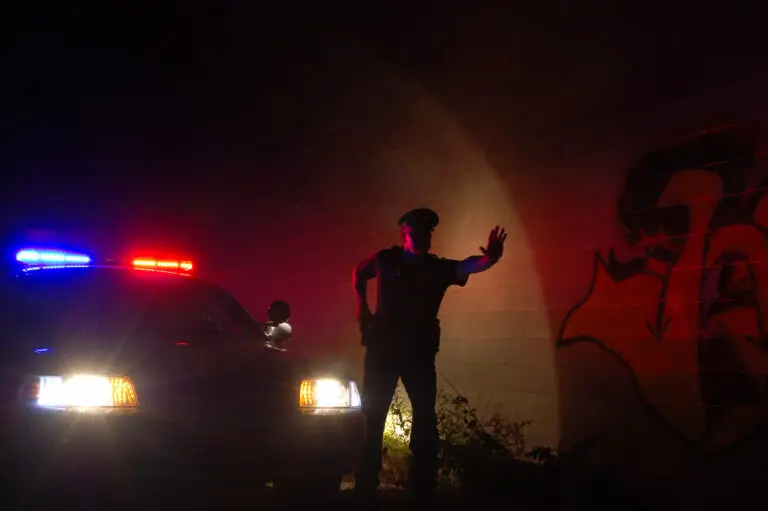
Most police officers spend their entire careers assigned to patrol.
~ Barry M. Baker Tweet

Detective Lieutenant Barry M. Baker (ret.) is a 32 year veteran of the Baltimore Police Department.
Patrol is the primary and indispensable division of every police department, and it can perform every operational mission required. It is often described as the backbone of a police department, and that description is absolutely accurate. Members of the division represent the 24/7 operation of the department, and they project omnipresence through visual uniformity.
Patrol will be your first assignment, because it is where you will put your police academy training into practice. It’s the learning laboratory for every new police officer, and you’ll be amazed how much there is to learn. Police work is a never ending learning experience, and anyone pursuing a police career should embrace this truth. The police academy will prepare you, but it can provide only a fraction of the learning awaiting you ahead.
Patrol is a demanding and difficult undertaking, because you’ll immediately be entrusted with enormous responsibilities. You’ll have no supervisory authority within the department, but you’ll have that authority over countless individuals in countless situations. You’ll be a first responder, and that makes you the decision maker under the most difficult circumstances you can image.
Expectations
If you’re looking for a 9 to 5 job with weekends and holidays off, a police career is probably not for you. People entering any career have expectations, and it’s no different for police work. Many new police officers view patrol as a temporary assignment, before they seek a specialized assignment. Most police departments require a minimum of one year in patrol prior to seeking other assignments.
Here’s something to keep in mind. Most police officers spend their entire careers assigned to patrol. On a personal note, I spent 27 years assigned to patrol, before my assignment as a detective lieutenant. While some may get a specialized assignment after the one year minimum, it is a disservice to the individual officer. Patrol offers the opportunities for the accumulation of knowledge and experience over a broad range, and that accumulation takes time.
Staffing Levels for Patrol
Most people intending to pursue a police career have a particular department in mind, and this probably applies to you. However, you should still make every effort to investigate and evaluate all aspects of the police department. One thing that most people ignore is the staffing level of the department’s patrol division.
You’re probably aware of the total number of police officers in the department, but do you know how they’re assigned? Most departments, particularly larger ones, are always operating below their authorized strength. This isn’t usually a significant problem as long as the department’s patrol division is staffed to its optimal level.
The two most important factors in determining optimal level is the number of calls for service, and the patrol officers’ response times to those calls. Ideally, there should never be 9-l-l calls for service stacked in a queue. When patrol is understaffed, it negatively affects your safety, and your service to the community. 9-1-1 information relayed to you is often inaccurate making availability of officers and response time to every call critically important.
Related Content for Patrol
Advertisements

